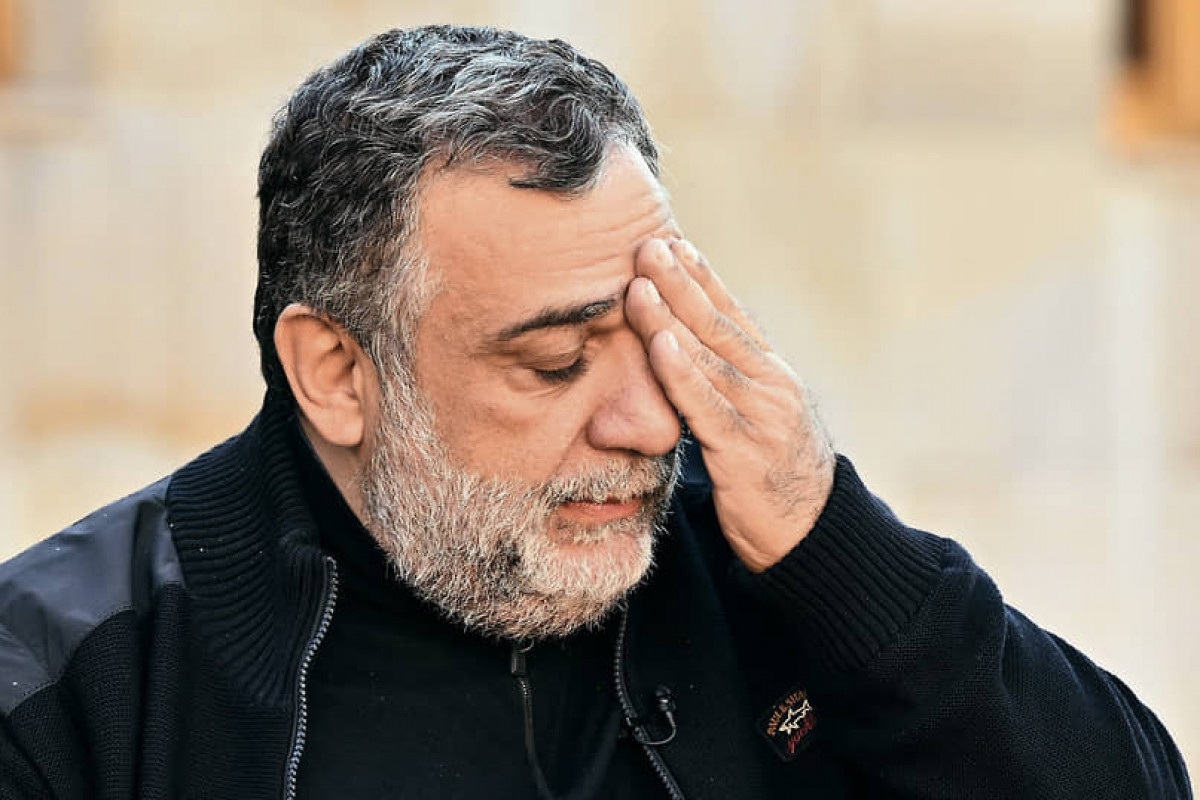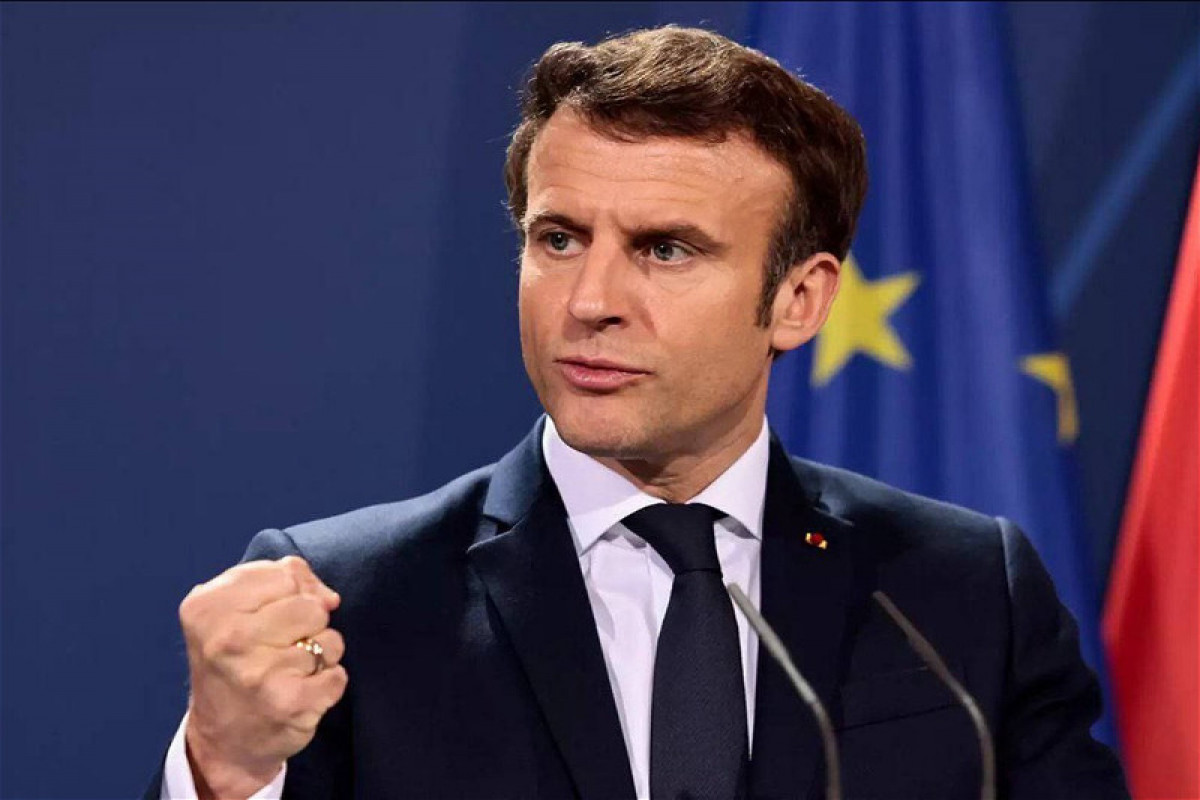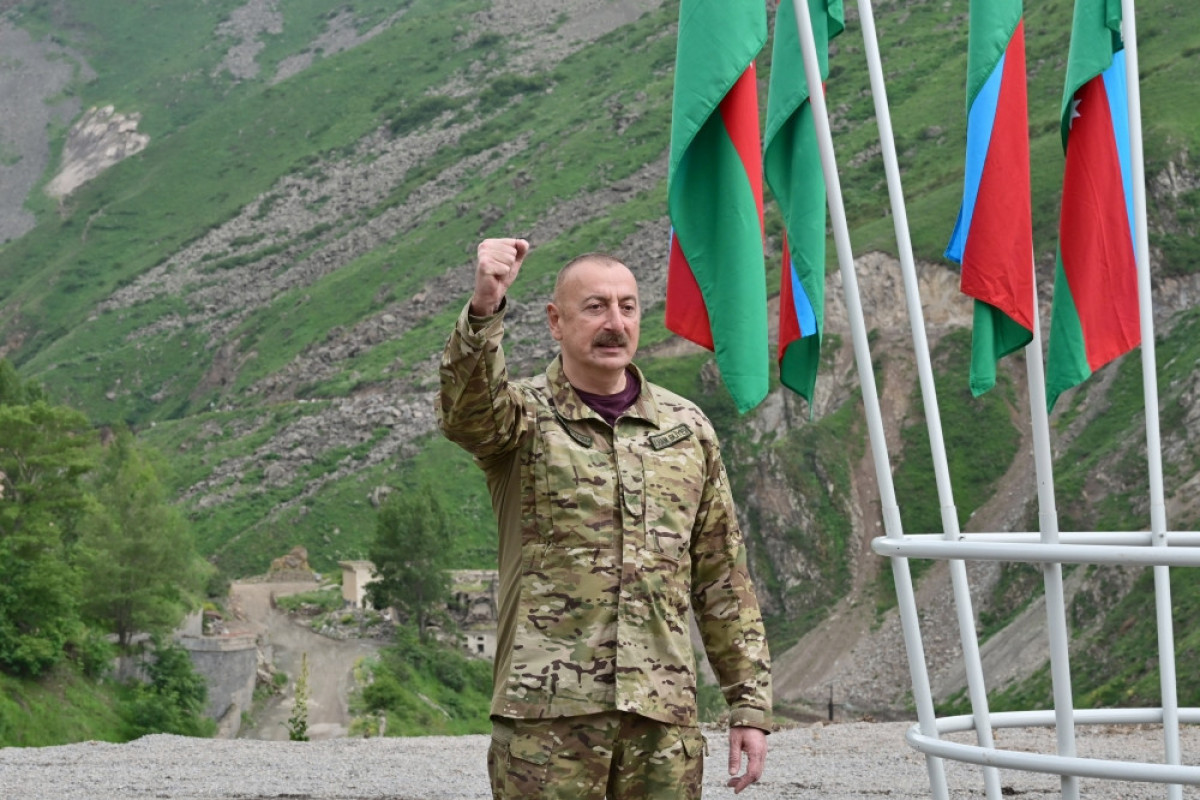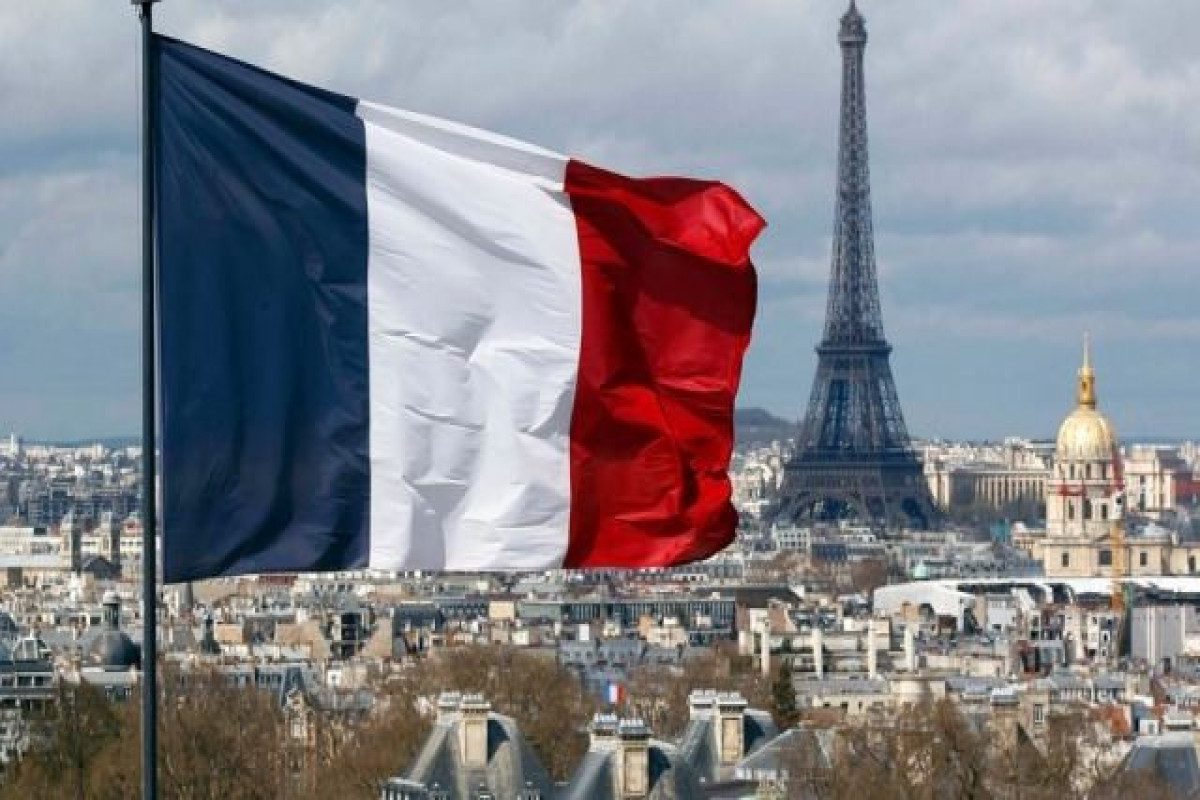Brussels downgrades the Caucasus

It is often complained that the EU fails to take the South Caucasus seriously. The high-profile Eastern Partnership initiative, which held its first anniversary in May, appears to have sunk without a trace (RFE/RL, May 7). In the Nagorno-Karabakh conflict the Union is little more than a passive observer, following Russia, Turkey and the US in their contest for influence. In Georgia’s complex internal and external tensions the EU is far less visible than it was a year ago. The OSCE, rather than the EU, took the lead in monitoring and evaluating the country’s local elections on May 30 (OSCE, May 31).
Now critics of the EU’s approach to the region have further justification. At the end of May, news leaked out that the EU’s new foreign policy chief Catherine Ashton was planning to scrap the EU Special Representatives (EUSRs) for Moldova and the South Caucasus (RFE/RL, May 31). The move would take place as part of a broader restructuring of the bloc’s out-of-area officials ahead of the launch of the European External Action Service, the new diplomatic service.
The plan has not yet been officially announced. However, it would involve transferring the power of the EUSRs into the local EU embassies (currently EU delegations), which would gain politically more powerful heads (EU Observer, June 2). On the surface, this does not sound too objectionable. But this bureaucratic shift will create several problems.
For the South Caucasus, unlike Moldova, the move will mean a serious fracturing of the EU’s authority. The current Special Representative Peter Semneby has a mandate covering all three states. Where regional solutions are needed, it is imperative that a regional mandate is provided. Indeed it could be argued that Mr Semneby’s mandate is already too limited, as it does not – officially at least – cover Russia or Turkey (European Council Joint Action, February 20, 2006). Fragmenting this authority between individual embassies will severely damage the EU’s ability to conduct high-level, multilateral diplomacy.
A related issue is that, as an analyst points out, the embassies are concerned with the nuts and bolts of EU relations – internal, technical reforms in various fields (Jamestown Foundation, June 4). They are not concerned with settling the region’s conflicts, except indirectly. Even boosting the political power of EU ambassadors would not be enough to maintain conflict-resolution and grand political efforts.
Furthermore, the way that the plan emerged is hardly encouraging for Baroness Ashton’s fledgling diplomatic apparatus. Building on an apparently “vague†leader, her top foreign policy and security adviser Robert Cooper announced the proposal to EU ambassadors of member states in Brussels on May 28. Neither Mr Semneby nor his equivalent for Moldova Kalman Mizsei were consulted in advance; nor were the regional states.
Other European institutions also appear to have been wrong-footed. Just days before, the European Parliament called for greater engagement with the South Caucasus, particularly in resolving Nagorno-Karabakh conflict (RFE/RL, May 20). Although the Parliament and the Commission do not always speak with a single voice, this contradictory approach hardly inspires confidence in the affected states. It is symptomatic of Europe’s divided and confused foreign-policy approach.
Above all, the move indicates that Brussels does not consider the South Caucasus as a priority. As several analysts have observed, other Special Representatives have been maintained – even for distant and (for the EU) fairly obscure regions like the Great Lakes in Africa.
The dismissive attitude is amplified by the fact that the proposal is apparently intended to strengthen, not weaken, regional-level EUSRs elsewhere. Creating a unified regional mandate for the Balkans, and destroying it in the Caucasus, makes no institutional sense.
The shadow looming over this institutional reshuffle is, of course, Russia. The decision to scrap the Moldova and South Caucasus EUSRs was made on the eve of a Russia-EU summit (AFP, May 31). Drawing a link between the timing of the two is probably mistaken: the summit deliberately skirted politics, focusing on trade, and the EU’s decision-making process is hardly smooth enough to orchestrate such a Machiavellian trade-off.
Nonetheless, Russia is rapidly moving to the top of the EU’s agenda. This is partly in the wake of the reset in US-Russia relations, but also due to Moscow’s own recognition of the need to kick-start its ailing petro-economy (The Times, May 12). A better relationship with the EU is central to this modernisation drive, and Brussels is happy to reciprocate and attempt to sweep away the ugly political disputes of the last several years.
Russia was never staunchly opposed to an EUSR for the whole South Caucasus, and the decision to scrap the post is not a concession to the Kremlin (although it does help Russia’s regional geopolitical strategy). Instead, it is an indication that the South Caucasus is simply not a priority any more for Brussels. The EU’s new foreign policy machine, which was supposed to create a united and pro-active approach to diplomacy, has instead failed in the Union’s own backyard.
Now critics of the EU’s approach to the region have further justification. At the end of May, news leaked out that the EU’s new foreign policy chief Catherine Ashton was planning to scrap the EU Special Representatives (EUSRs) for Moldova and the South Caucasus (RFE/RL, May 31). The move would take place as part of a broader restructuring of the bloc’s out-of-area officials ahead of the launch of the European External Action Service, the new diplomatic service.
The plan has not yet been officially announced. However, it would involve transferring the power of the EUSRs into the local EU embassies (currently EU delegations), which would gain politically more powerful heads (EU Observer, June 2). On the surface, this does not sound too objectionable. But this bureaucratic shift will create several problems.
For the South Caucasus, unlike Moldova, the move will mean a serious fracturing of the EU’s authority. The current Special Representative Peter Semneby has a mandate covering all three states. Where regional solutions are needed, it is imperative that a regional mandate is provided. Indeed it could be argued that Mr Semneby’s mandate is already too limited, as it does not – officially at least – cover Russia or Turkey (European Council Joint Action, February 20, 2006). Fragmenting this authority between individual embassies will severely damage the EU’s ability to conduct high-level, multilateral diplomacy.
A related issue is that, as an analyst points out, the embassies are concerned with the nuts and bolts of EU relations – internal, technical reforms in various fields (Jamestown Foundation, June 4). They are not concerned with settling the region’s conflicts, except indirectly. Even boosting the political power of EU ambassadors would not be enough to maintain conflict-resolution and grand political efforts.
Furthermore, the way that the plan emerged is hardly encouraging for Baroness Ashton’s fledgling diplomatic apparatus. Building on an apparently “vague†leader, her top foreign policy and security adviser Robert Cooper announced the proposal to EU ambassadors of member states in Brussels on May 28. Neither Mr Semneby nor his equivalent for Moldova Kalman Mizsei were consulted in advance; nor were the regional states.
Other European institutions also appear to have been wrong-footed. Just days before, the European Parliament called for greater engagement with the South Caucasus, particularly in resolving Nagorno-Karabakh conflict (RFE/RL, May 20). Although the Parliament and the Commission do not always speak with a single voice, this contradictory approach hardly inspires confidence in the affected states. It is symptomatic of Europe’s divided and confused foreign-policy approach.
Above all, the move indicates that Brussels does not consider the South Caucasus as a priority. As several analysts have observed, other Special Representatives have been maintained – even for distant and (for the EU) fairly obscure regions like the Great Lakes in Africa.
The dismissive attitude is amplified by the fact that the proposal is apparently intended to strengthen, not weaken, regional-level EUSRs elsewhere. Creating a unified regional mandate for the Balkans, and destroying it in the Caucasus, makes no institutional sense.
The shadow looming over this institutional reshuffle is, of course, Russia. The decision to scrap the Moldova and South Caucasus EUSRs was made on the eve of a Russia-EU summit (AFP, May 31). Drawing a link between the timing of the two is probably mistaken: the summit deliberately skirted politics, focusing on trade, and the EU’s decision-making process is hardly smooth enough to orchestrate such a Machiavellian trade-off.
Nonetheless, Russia is rapidly moving to the top of the EU’s agenda. This is partly in the wake of the reset in US-Russia relations, but also due to Moscow’s own recognition of the need to kick-start its ailing petro-economy (The Times, May 12). A better relationship with the EU is central to this modernisation drive, and Brussels is happy to reciprocate and attempt to sweep away the ugly political disputes of the last several years.
Russia was never staunchly opposed to an EUSR for the whole South Caucasus, and the decision to scrap the post is not a concession to the Kremlin (although it does help Russia’s regional geopolitical strategy). Instead, it is an indication that the South Caucasus is simply not a priority any more for Brussels. The EU’s new foreign policy machine, which was supposed to create a united and pro-active approach to diplomacy, has instead failed in the Union’s own backyard.
Political

An attempt to create a "Dove of Peace" from Vardanyan — Struggle over the wealth of the separatist billionaire-ANALYTICS

Macron is not sincere in his statements - France allocates less military support to Ukraine than Baltic countries-ANALYSIS

Ilham Aliyev achieved to return Gazakh's 4 villages to Azerbaijan without single bullet or bloodshed -ANALYSIS


